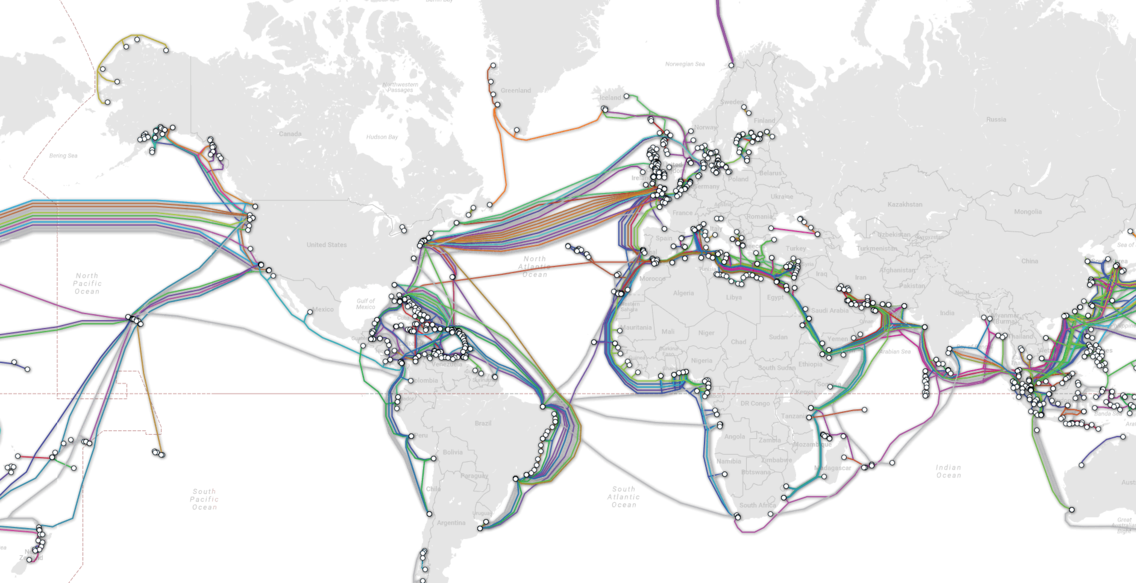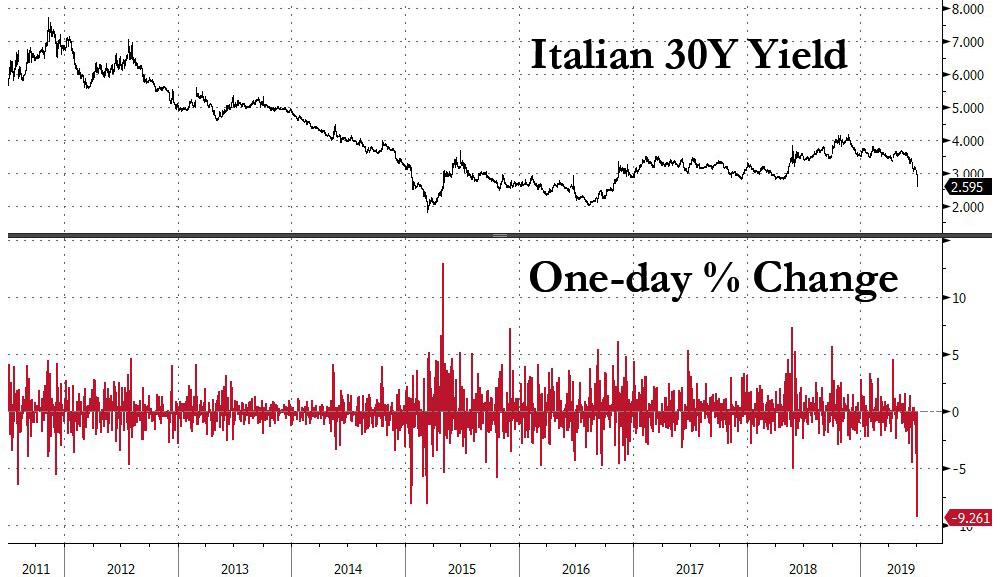Nationalism, political philosopher Isaiah Berlin observed, is the “inflamed desire of the insufficiently regarded” to prove their significance.
In his 1972 book The Crooked Timber of Humanity, Berlin wrote that nationalist fervor is a “pathological form of self-protective resistance,” a victim mentality that serves as a sort of cultural coping mechanism, emerging from historical wounds or “collective humiliation.”
It follows, then, that the United States would have little reason for such displays. For nearly a century—and certainly, for the past 30 years—America has been the exact opposite of “insufficiently regarded.” There’s no need to remind Americans, or the rest of the world, of that fact by parading tanks through Washington, D.C.
We’ve long left such vulgar displays of power to nations that feel the need to compensate for lacking what Americans enjoy—places like North Korea and the former Soviet Union. Or those that suffer from a pathological sense of victimhood and national inadequacy, like France. Instead, Americans celebrate the Fourth of July joyously with food and recreation. We don’t wallow in our ability to destroy, or the fear that we could be destroyed.
But that will change Thursday, thanks to President Donald Trump—a man who seems to feel he is always insufficiently regarded, and who leads a conservative movement that increasingly exudes a victim mentality instead of embracing what makes America exceptional.
Showing off America’s military might with a parade has been a priority for Trump ever since he witnessed a Bastille Day parade while visiting Paris in 2017. (Making America great again requires aping the French, apparently.) Earlier plans for a Veteran’s Day parade were canceled over worries about cost and optics—marking Armistice Day with a celebration of weapons of war would have been horrifyingly ironic. Independence Day was selected as a suitable alternative.
Trump will preside over a partisan political rally on the National Mall later today, following a military parade through Washington, D.C., complete with tanks, flyovers by Air Force One and the Blue Angels, and military bands. Trump will be surrounded by military brass while it all goes down. “It will be the show of a lifetime,” the president has promised.
It will certainly be memorable.
Nick Gillespie, Reason’s editor at large, writes that “the urge to condemn the event as profoundly un-American…is understandable but ultimately misplaced.” He says anyone getting bent out of shape over “Trump’s vanity production on the Mall” is missing the fact that the president “routinely loses political and cultural battles.”
He’s right about the second half of that, but Trump’s losses on other fronts—from the courts striking down his administration’s attempt to politicize the Census to his inability to reshape global trade to his own liking—does not diminish the necessity of calling a military parade through Washington, D.C., what it is: un-American. (Though I do agree with Nick’s optimism about other consequences of the Trump era, like the breaking down of old political alliances.)
Calling out Trump’s nationalist excesses, after all, isn’t really about stopping Trump from engaging in that behavior. He’s going to do what he wants, clearly. It’s more important to send a signal to whoever follows Trump into the White House that sending tanks rolling through the streets of an American city is not acceptable. As libertarians know well, the norms eroded by one administration are seldom restored or rebuilt by the next.
Yes, the Fourth of July is a commemoration of the fact that America, like many countries, was born in armed conflict. But subtle distinctions matter. The Founders rebelled against British rule in the name of freedom for the everyman (even if the reality of their times fell short of those lofty goals), not in pursuit of flexing their own militarized muscles. The “long train of abuses and usurpations” that Thomas Jefferson documented in the Declaration of Independence does not, notably, include a complaint about insufficient displays of military force on public holidays—not even on the most patriotic of them.
There is a key difference, of course, between patriotism and nationalism. But thanks to nearly two decades of war and mounting levels of national debt, America has developed a political culture that only stops being nihilistic in the moments when it goes full-on apocalyptic. That’s not an environment where subtle distinctions between love for your country and love of the state can be parsed. I don’t know how many Americans are incapable of drawing that distinction, but this Fourth of July will prove that our president cannot.
The parade will cost an estimated $10 million—a huge sum of money to anyone who isn’t presiding over the federal budget, even if it is considerably less than the $92 million price tag originally attached to the event. But that’s only an estimate, and the federal government is not releasing the actual figure. Obviously, it should. If the president is going to hijack a national holiday for what is ostensibly a political rally, taxpayers should know how much it cost. The parade will also require shutting down Reagan National Airport for security reasons. The tanks could damage D.C. streets, requiring expensive and annoying repairs.
It’s fair to point out that Trump’s Fourth of July parade is hardly the most pressing issue America faces on its 243rd birthday. Offhand, I’d say Trump’s immigration policies, trade policies, and inability to get a handle on the national debt are doing more damage to America’s reputation than any parade ever could.
Still, it matters. And it speaks to the political confusion of our current moment. As Berlin also noted, “nationalism does not necessarily and exclusively militate in favor of the ruling class. It animates revolts against it too.” Once you let nationalism out of the bottle, in other words, it can be difficult to control.
That should be a warning for those on the right who are championing the merger of patriotism and nationalism. “Bad ideas can be hard to contain once they get going,” notes Reason managing editor Stephanie Slade in the most recent edition of the magazine. The notion of “benign nationalism,” she adds, quoting former National Review writer Jonah Goldberg, requires the first word of that phrase to do “an awful lot of work.”
Tanks rolling through the streets don’t make America great. Presidents cosplaying as third world authoritarians surrounded by generals don’t make America great. If anything, they show the world that America is in decline. And an angry hegemon that feels the need to stand on its tiptoes in front of the mirror is not strong, but it can be dangerous.

from Latest – Reason.com https://ift.tt/2FPMI4M
via IFTTT











